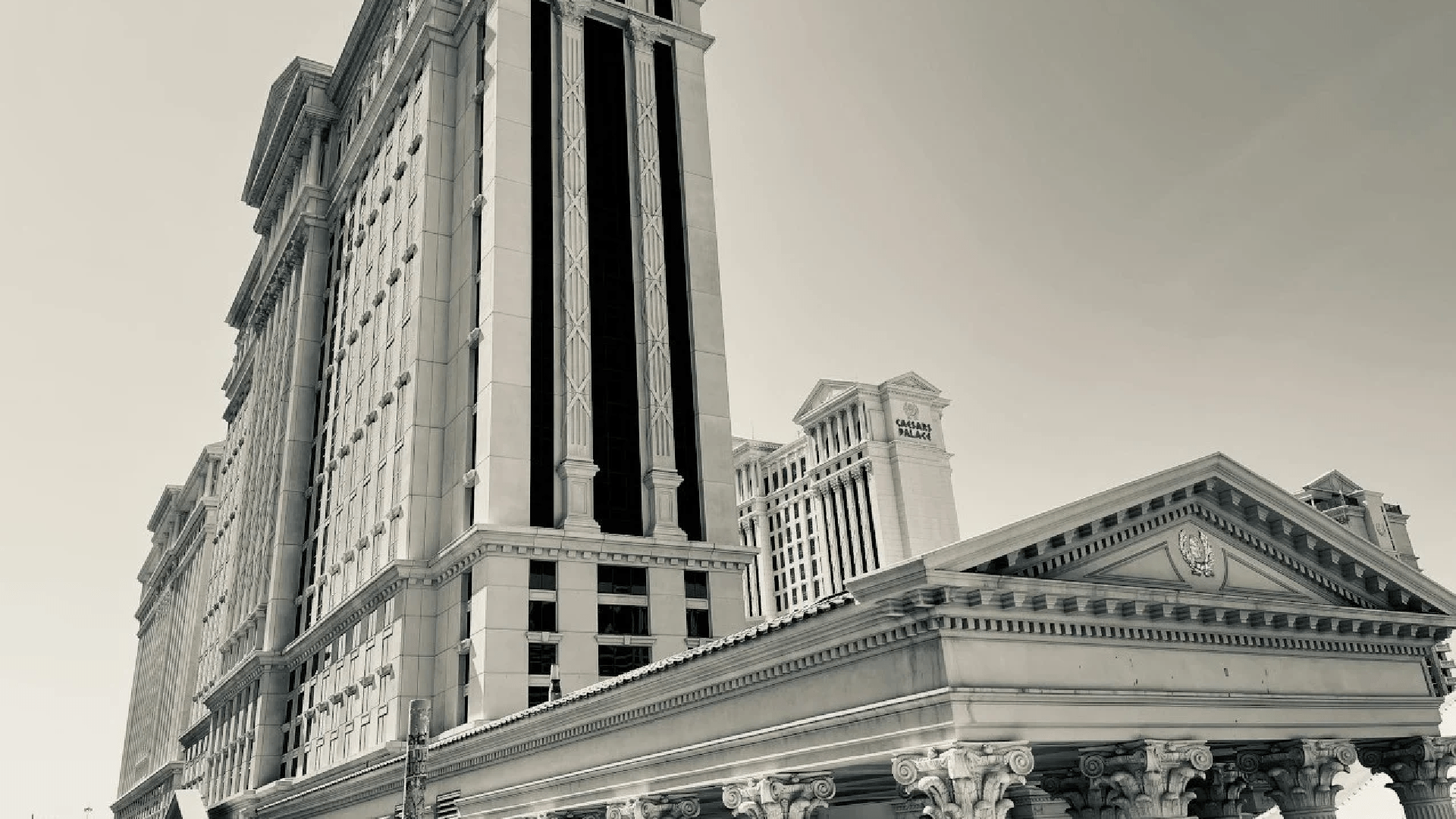
President Donald Trump’s “Best Life Evolution Video,” an AI-created compilation of his life narrative, showcases his business achievements in Atlantic City. This raises the question, “Did Trump truly achieve success in the East Coast casino capital?”
During yet another tumultuous and contentious week of the president’s second term, where he enacted the One Big Beautiful Bill Act and his law enforcement agencies wrapped up the Jeffrey Epstein investigation, Trump posted a video recounting his life story on social media that sparked significant backlash from the left and his political adversaries for being grossly misrepresented. While he appeared to acknowledge for the first time that he lost the 2020 election to Joe Biden, the AI-generated video also commends Trump’s casino endeavors in Atlantic City.
“Took over Trump Organization after graduation from Wharton School of Business — early 1970s,” the video begins regarding his business career. “Built Grand Hyatt Hotel, taking his place in New York real estate — 1980.”
"Opened Trump Tower on Fifth Avenue — 1983,” the video continues. “Expanded into Atlantic City casinos. Built properties like Trump Taj Mahal — mid-1980s.”
In 1982, Trump obtained his initial casino license in Atlantic City. Two years later, he launched Trump Plaza, then in 1985, he opened Trump Castle (later known as Trump Marina, now Golden Nugget). His largest investment in the New Jersey casino town came with Trump Taj Mahal in 1990.
Trump's Time in Atlantic City
Trump has consistently claimed that his projects in Atlantic City were successful. However, many claim that this is not accurate.
Although the president may have emerged with an advantage, numerous investors, lenders, and employees did not. His assets were significant contenders in the market for a period, but due to his use of high-interest junk bonds to build the casinos, particularly the $1.2 billion Taj, the resorts were vulnerable to economic declines.
Entities owned by Trump, such as Trump Hotels and Casino Resorts and Trump Entertainment Resorts, declared bankruptcy five times from 1991 to 2014. Although Trump himself never filed for bankruptcy, the repeated bankruptcy filings of his casino companies left shareholders and lenders in the lurch, and as the casinos closed, tens of thousands of employees lost their jobs.
In 2004, Trump lost predominant control of Trump Entertainment and stepped down as chairman in 2009. Trump’s name stayed on the Taj due to a trademark agreement, although The Trump Organization attempted to remove his name from Taj and Trump Plaza by suing Trump Entertainment, which was then owned by creditors, in 2014 without success.
"I want it off both of them,” Trump said at the time on claims that the shoddy properties aren’t worthy to bear his name. “I’ve been away from Atlantic City for many years. People think we operate them, and we don’t. It’s not us. It’s not me.”
Trump Entertainment would declare bankruptcy that same year and shut down Trump Plaza. Billionaire Carl Icahn purchased Trump Entertainment two years afterward and subsequently shut down the Taj in October 2016.
Taj to Hard Rock
For Icahn, one of the most successful corporate raiders in modern US history, his investment in Trump Entertainment proved to be unsuccessful. Icahn criticized the local casino workers’ union for failing to collaborate with him in stabilizing the Taj and making the property profitable again.
In 2017, Icahn sold the Taj to Hard Rock International for only $50 million. Icahn tore down Trump Plaza in early 2021 after it was deemed a safety risk.

 UK
UK








